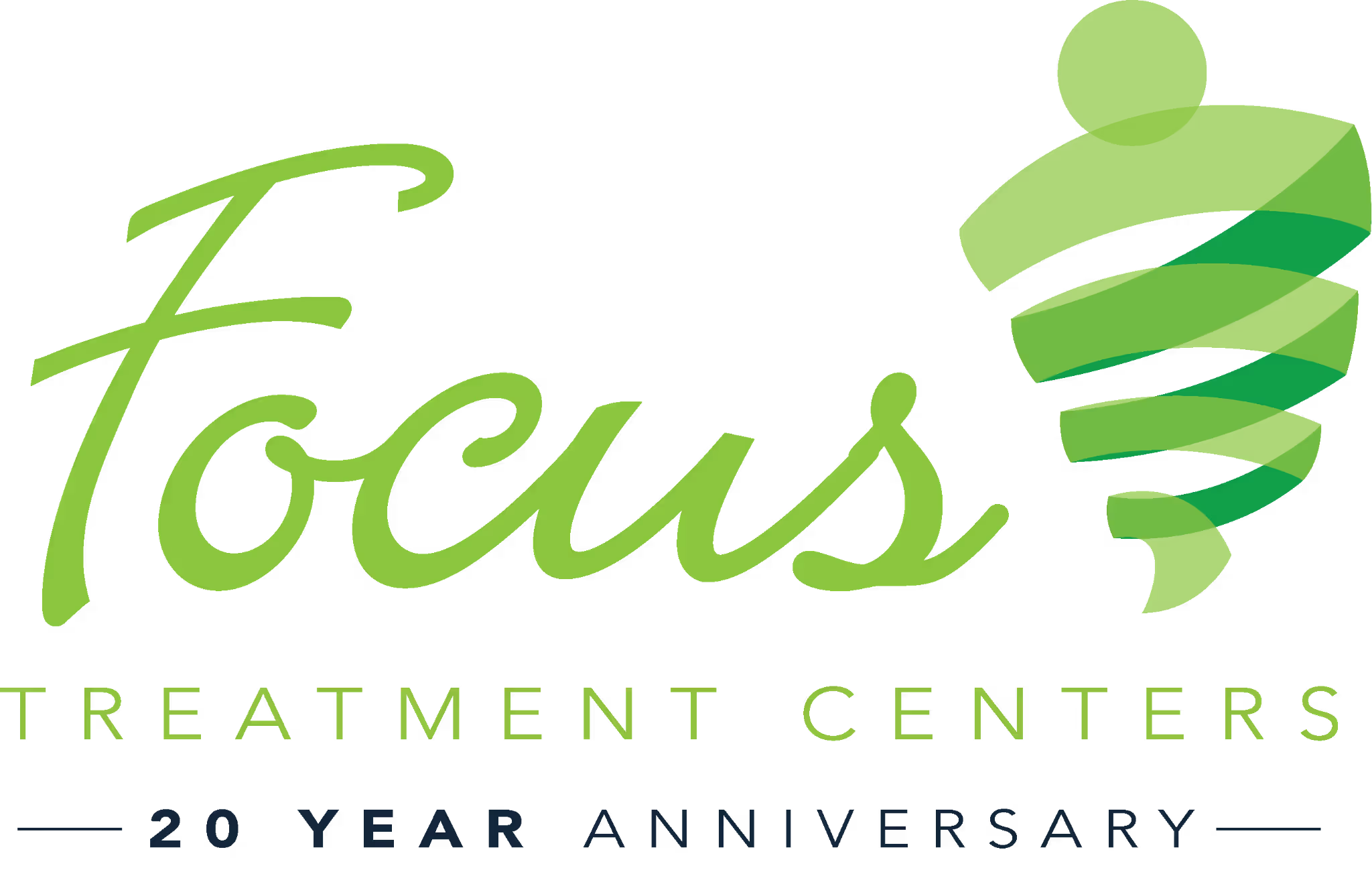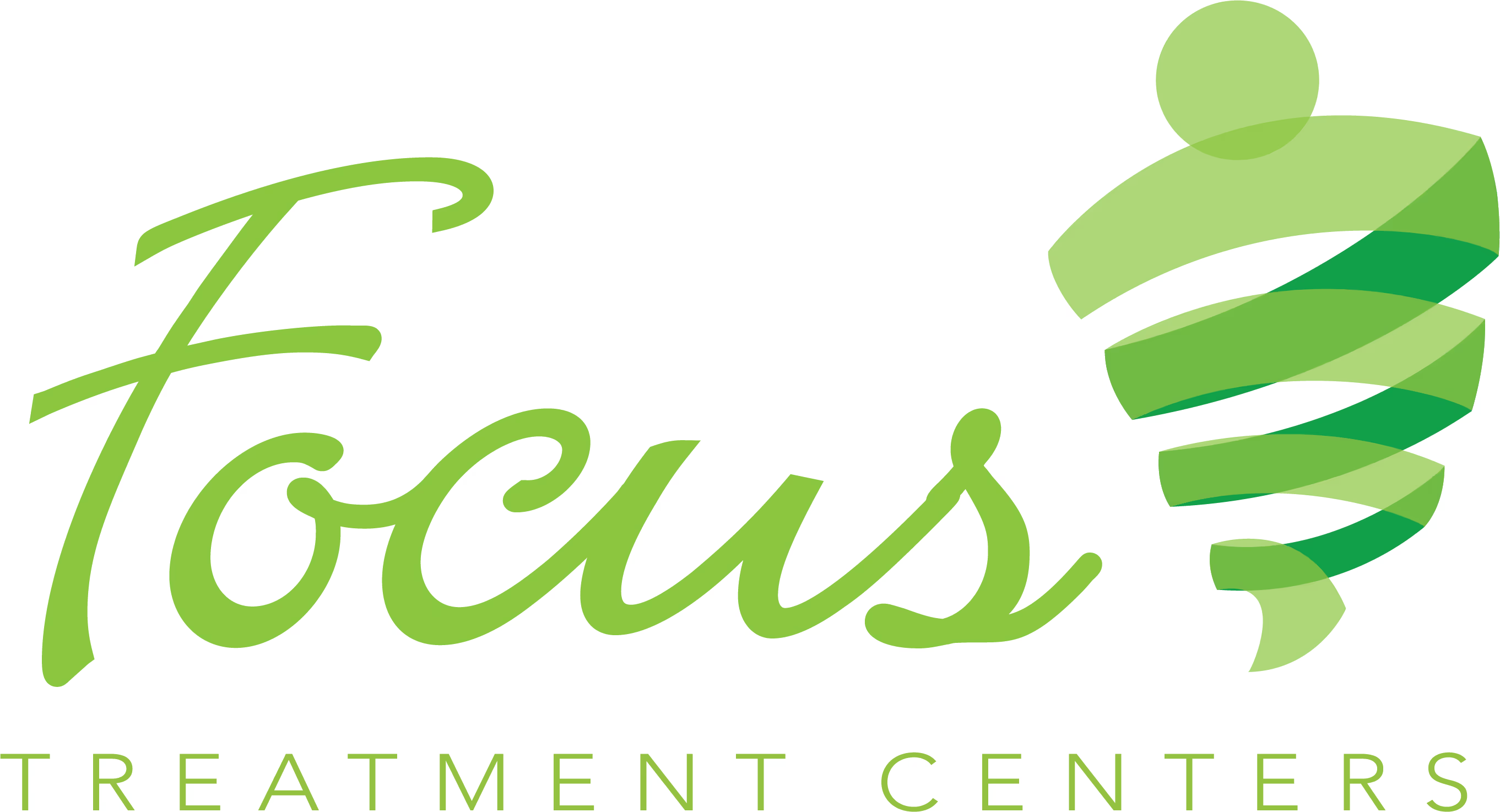Are you okay? If you answered no to that question, here's your reminder: it's okay, not to be okay.
In fact, you're not alone. Millions of people around the world experience various mental health issues. This can include everything from depression and anxiety to PTSD, trauma, and more. These disorders impact everyday life, sometimes causing lasting emotional and even physical damage.
To better shine a spotlight on the help available for people dealing with these types of conditions, May is recognized as Mental Health Awareness Month.
Mental Illness at a Glance
As one of the most prevalent health risks in the United States, mental illness is quite common.
Among adults living in the U.S., 1 out of every 5 deals with a mental condition in some form or another, with 1 out of 25 facing a more serious diagnosis (like major depressive disorder, schizophrenia, or bipolar disorder).
Additionally, 1 out of 5 young adults aged 13-18 experience challenges with their mental health.
For anyone with mental illness, there are a wide array of possible causes and contributing factors, including:
- Past trauma or neglect
- Abuse
- Feeling isolated
- Drug or alcohol use
- Medical conditions
Breaking the Stigma
Healthy living should include an overall approach to wellness that focuses on balancing psychological, emotional, and social well-being. Unfortunately, there hasn’t always been an acceptance of openly discussing mental health and how it affects people globally.
Over the past few years, there has been a shift in the way that society perceives mental illness. Historically ignored or overlooked, now there are an increasing number of people willing to share their unique struggles. Whether the stories are coming from friends and neighbors or celebrities and athletes, the stigma of staying silent over mental health is breaking.
As each person chooses to share their mental health challenges, it eases the way for others to seek out the help they need.
Common Signs Help is Needed
While specific conditions will display differing symptoms, there are some general signs of mental illness to consider that can include:
- Extreme or repetitive worry or being increasingly afraid
- Excessive sadness
- Confused thoughts
- Inability to concentrate
- Wide mood swings
- Extreme anger
- Avoidance of social settings and friends
- Changing sleep patterns
- Always feeling tired
- Changes in appetite and/or disordered eating patterns
- Substance abuse
- Talking or thinking about harm to self or others
Complications from Mental Illness
Left untreated, mental illnesses can create complications and damaging lasting effects. Too often, poor mental health (such as PTSD, depression, or anxiety) can lead the way towards:
- Substance abuse: Treating our mental health seriously lowers the risk of abuse of alcohol or drugs. More than 37% of adults battling substance abuse disorders also have a dual diagnosis of some form of mental illness.
- Eating disorders: One area receiving more attention is the link between mental illness and eating disorders. With the 2nd highest mortality rate for mental health illnesses (second only to the opioid epidemic), people with eating disorders are 18 times more likely to commit suicide than others without this diagnosis.
Helpful Resources
If you or someone you know is experiencing any of these symptoms (or other concerning signs), some resources that can help include:
- 988 Suicide & Crisis Lifeline: With 24/7 support, this resource is available across the United States for those in need of emotional or crisis support. This includes help for anyone considering suicide.
- Primary care doctor: If you have a PCP, make an appointment today and discuss any concerning symptoms.
- Insurance providers: Most insurance providers offer connections for services available under individual plans.
If you or a loved one are struggling with substance use or an eating disorder. Please contact Focus Treatment Centers for a complimentary, confidential assessment.














